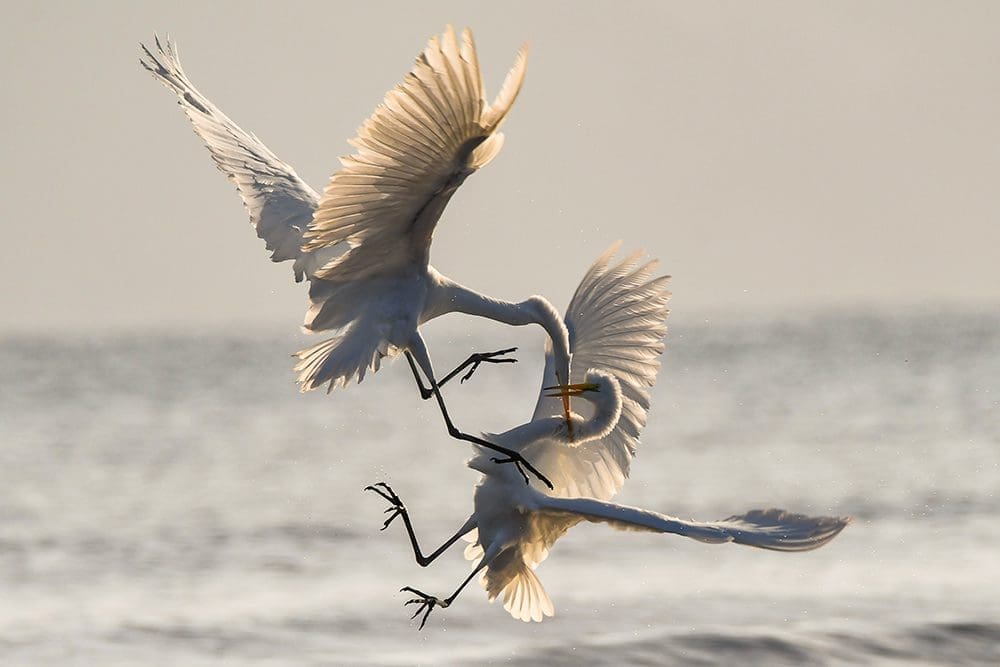
I find myself surrounded by people who fear conflict and who lack the confidence and tools to engage the normal, day-to-day bumps and bruises with ease. For most of my life I would have included myself in this group. No one in my family was a role model for setting healthy boundaries or working through the large or small misunderstandings that are frequently caused in communication or style difference, or in a clash of values, opinion, or use of power.
Where did my confidence come from? Most change that happens starts in a place of pain. Unresolved conflicts result in pain. To ease the pain of the situation, I decided to try to engage the conflict and the fear of what would happen. I thought, “How could that be any worse?”
Sometimes the trying worked, often it did not. I did not have the tools to navigate each situation with the grace and compassion I try to maintain now. But when I did stay with the scary moment of vulnerability, I found that if I cared about the person and the relationship that I could find our common ground and ease our pain. And there was a bonus. In the effort, the relationship grew strong and the trust increased. Our confidence also grew that going forward we could work things out in a way that didn’t cause further harm.
My desire to engage versus avoid —or simply accommodate — did not happen quickly. I have spent years practicing, watching good role models, reading and learning and lastly ‘standing in the fire’ when relationships heat up.
I found the skill of engagement essential to my career as a consultant, facilitator, and coach. Relationships don’t exist without friction. A friend once shared with me, ‘If there is no friction there is no stretch or growth.’ His reframing of the sense of conflict helped me to recognize that conflict can be the signal that you are on your growing edge. Helping others to work through their ‘disconnects’ is easier than engaging the conflict in my own relationships. The practice gives me confidence. The benefits of walking through and out of the ‘fire’ motivate my continued commitment to engage.
Now, I don’t step up all the time. I pick and choose my time and place. I work on my own self talk and attitude first. I used to talk to others about the situation thinking that I was practicing my approach. But, in reality, I was just looking for support for my side of the situation. I now commit first to talking with the other person instead of sharing the painful story with others.
I visualize a positive outcome and am conscious about the words that I choose. In listening to Brene Brown’s book “Dare to Lead,” she says carry yourself with ‘a strong back, a soft front, and a wild heart’. That appeals to me.
It takes strength to overcome the fear to engage another person in a conflict. Yet it takes an open heart and compassion to extend your trust to attempt to build a bridge back to understanding. And my wild heart knows no bounds and believes in the best potential of other people.
I have tried to change my attitude about conflict: It is not bad but good – a sign of growth and stretch. I think of it now as a dance. It takes practice to perfect. And always two to tangle and untangle.
I study its effects on people, team, and organizations. Researchers find that 20 to 40% of organizational energy is diverted to unresolved conflicts in the workplace. I always am thinking, what could we do with that energy if it were given back to the efforts to advance the work and working relationships?
I accept that not everyone has the confidence to engage as I have learned. I am willing to try and readily accept when others try a little as well. I know that I am only responsible for myself. Sometimes I have to live with a conflict that will never be resolved because it takes two to work it out. I am learning in these situations to let go. I may be working on that big lesson for the rest of my life.
What is your relationship with conflict?
- Do you have any role models for positive resolution? Are you a role model?
- Is there a conflict in your life right now that causes you pain?
- Do you have the experience of working something through that now gives you confidence to try again?
Leslie
“An eye for an eye will only make the whole world blind.”
— Mahatma Ghandi

Recent Comments